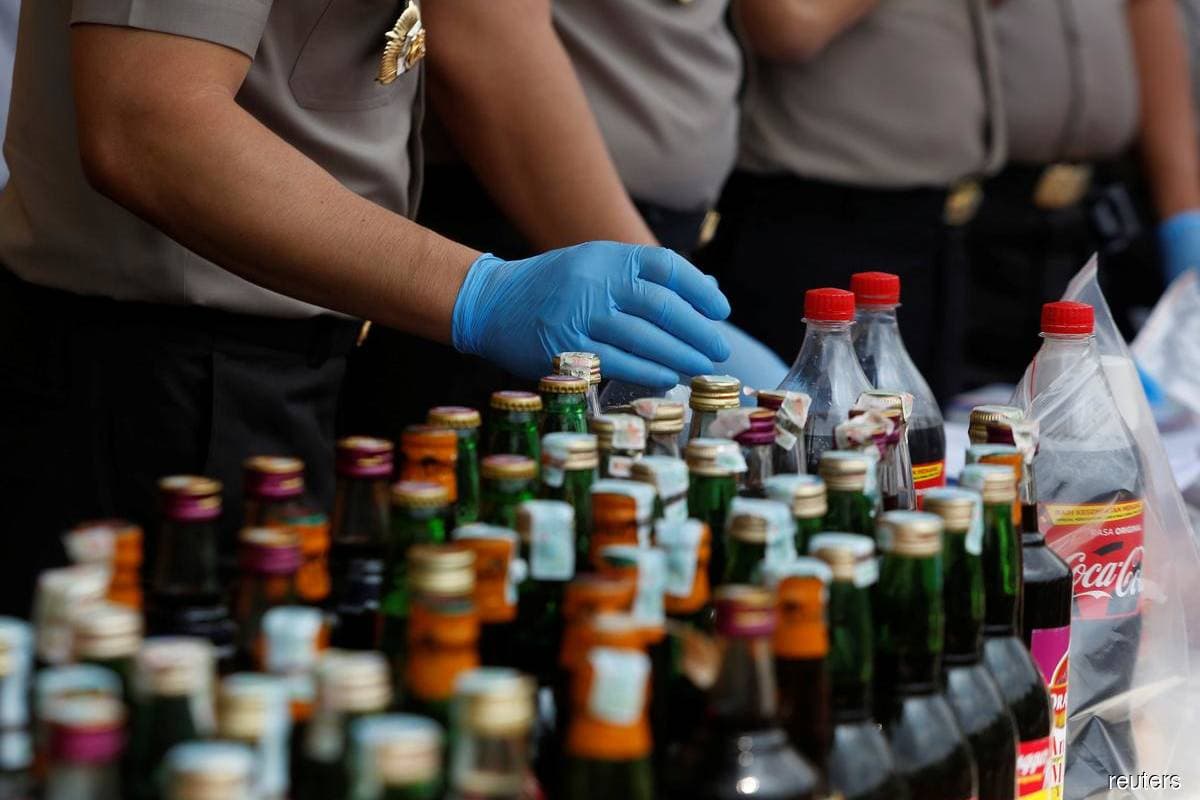
KUALA LUMPUR (July 17): This year, due to Covid-19 as well as economic contraction of about 3.5% as expected by consensus estimates, it is not surprising to expect earnings of corporate Malaysia to take a beating. In fact, earnings are forecasted to drop as much as 15% in 2020 before economic recovery next year takes earnings back to positive territory.
During this difficult time, most consumers are also trying to reduce their expenditure due to fear that either they may lose their jobs, or be subject to salary reduction as employers too are under pressure to keep their businesses going. Hence, demand for consumption goods too has been affected and for some of these goods, the demand for replacement products has increased. The replacement products could either be in the form of down trading for similar goods as prices are cheaper or simply a rise in demand for smuggled or illicit products as taxes or duties are not paid.
For legitimate goods, businesses not only pay import duties for goods that are not locally produced, but also sales and service tax of 6%, which some of these products are also subject to. If a business itself is run in a profitable manner, the taxman takes a 24% share of the profits. Hence, for the government, tax revenue is sourced either directly via income taxes, or indirectly via consumption taxes. Based on the estimate last year, the government has said the shadow economy or black market itself is huge with total gross domestic product (GDP) value that is equivalent to about 20% of the nation’s GDP or in absolute terms, some RM300 billion in value. Based on government’s tax revenue as a percentage of GDP of 12%, the government itself is said to be losing some RM36 billion in tax revenue alone.
This also means that based on historical estimate, the black market is also depriving legitimate businesses from recognising what can be said as lost revenue to them. Some of this include the tobacco industry as well as breweries. The incidence of illicit trade was mainly driven by Malaysia’s move to raise sin taxes and to discourage consumption. For example, according to Carlsberg Brewery Malaysia’s 2019 Annual Report, Malaysia’s excise duties for liquor is the third highest in the world. This indirectly encourages contraband alcoholic beverages in the market, and the government is estimated to have lost some RM1.5 billion in tax collections a year. While efforts are being made by the enforcement agencies, the foregone tax revenue for the government remains significant and this shows the size of the black market for the beer segment.
In the tobacco industry, companies like British American Tobacco (Malaysia) Bhd (BAT) too has been impacted greatly. BAT’s revenue last year was just slightly above RM2.5 billion and down as much as 48% from its peak of RM4.8 billion in 2014. During this time, the incidence of illicit trade increased 33.7% to as high as 62.3% as consumption of illegal cigarettes jumped by 74% to 12.2 billion in 2019 from 7 billion in 2014. BAT’s net earnings too fell during the same period as its net profit tumbled from RM902 million in 2014 to just RM345.7 million last year, a drop of 62%. Clearly, corporates do lose out when illicit/illegal trades thrive.
As for taxes, which include both excise duties and income taxes paid to the government, BAT’s financial statements showed that in 2014 this totalled some RM2.37 billion, of which RM2.05 billion were excise duties paid. By 2019, total taxes paid by BAT dropped by about RM904 million to just RM1.46 billion, down 38%.
While the government is taking steps to address the black market with greater enforcement, it is also good to see that corporates too are taking proactive steps to address the issue. The launch of BAT’s “Stop the Black Market” campaign is seen as a step in the right direction to address the issue of illicit trade. By this, the tobacco company is not only helping itself to generate greater consumer awareness of illicit trade via its educative website https://stoptheblackmarket.com.my, but it is also helping the government to tackle the black market to a certain extent. As for Carlsberg, it has taken the approach of working with enforcement agencies via the Confederation of Malaysia Brewers Bhd to tackle incidence of contrabands in the market.
In addition, consumption of illicit products like tobacco or liquor too may not be safe as some have been proven to contain banned substances or worse, poison. Hence, it is also imperative for consumers to be made aware of the consequences of consuming these products as they can be harmful to the human body.
It is hoped that with collective efforts of the government and with greater participation among corporates to tackle the incidence of illicit and contraband trades, the size of the Malaysian black market can finally shrink and move over to legitimate businesses. In this way, both the corporates and the government too can enjoy greater benefit in terms of profits and taxes while for the general public, higher government revenue from tax collections can improve government’s ability to provide more social benefits.
Pankaj Kumar is former director of investment at KSK Group Bhd.
